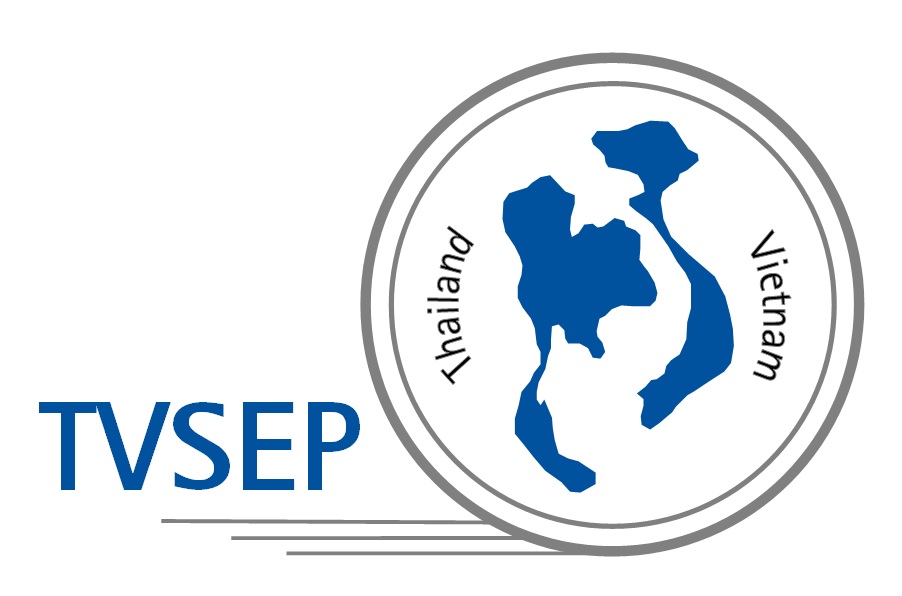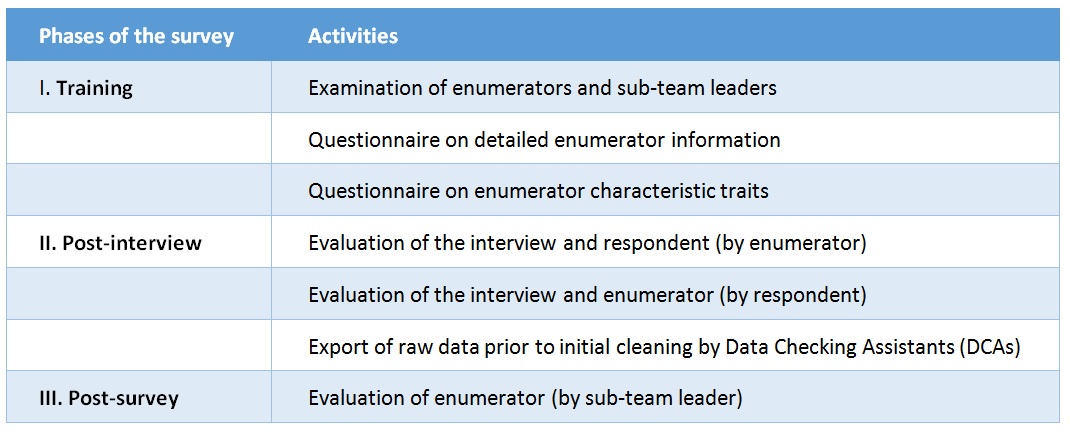Add-on project: Data quality in long-term panel surveys in emerging market economies
Project report
Mark Brooks
An add-on project addressing data quality in the TVSEP project was administered to the full sample of TVSEP households in both Thailand and Vietnam from July to August during the 2017 household survey.
The availability of data has increased drastically with technological advances. However, the availability of data of good quality, which are suitable for research and development, remains a bottleneck. The quantity and quality of data from the developing world has been found to be lacking when compared to data from developed countries and accordingly, ensuring that data is of high quality is now increasingly on the agenda. In order to ensure that a “data revolution” takes place the factors influencing data quality in different settings must be further investigated: not only in the setting of developed countries, but also in that of developing countries.
Objectives
By making use of both available data and the data collected throughout the course of the data quality add-on project the impact of the respondent, enumerator, interview environment, survey environment and survey mode on the overall quality of data will be investigated.
The research objectives are to:
- examine the changes in data quality throughout the life span of long-term panel surveys
- improve our understanding of the determinants of data quality
- assess the prevalence of interview fabrications (e.g. satisficing) from both the perspective of the enumerator and respondent
- determine the impact of the transition from 'Paper and Pencil Interviews' (PAPI) to 'Computer Assisted Personal Interviews' (CAPI) on the quality of data
Data
The foundation for research stems from the existing long-term panel data set of approximately 4400 households collected over seven waves from 2007-2017 in both Thailand and Vietnam within the Thailand Vietnam Socio Economic Panel project. Furthermore, additional documentation in the form of enumerator information, assessments of enumerators, detailed survey information sheets and training materials are available from the survey documentation of the aforementioned waves.
The 2017 add-on project complements the above-mentioned data by gathering additional, in-depth data in different phases of the household survey. The additional data were obtained from the following activities:
Due to both the length of the panel and the extensive complementary data collected on data quality, TVSEP provides a unique opportunity to investigate data quality. Furthermore, research will provide important information for other surveys in developing countries on the selection of respondents and enumerators as well as on the implementation of surveys.







